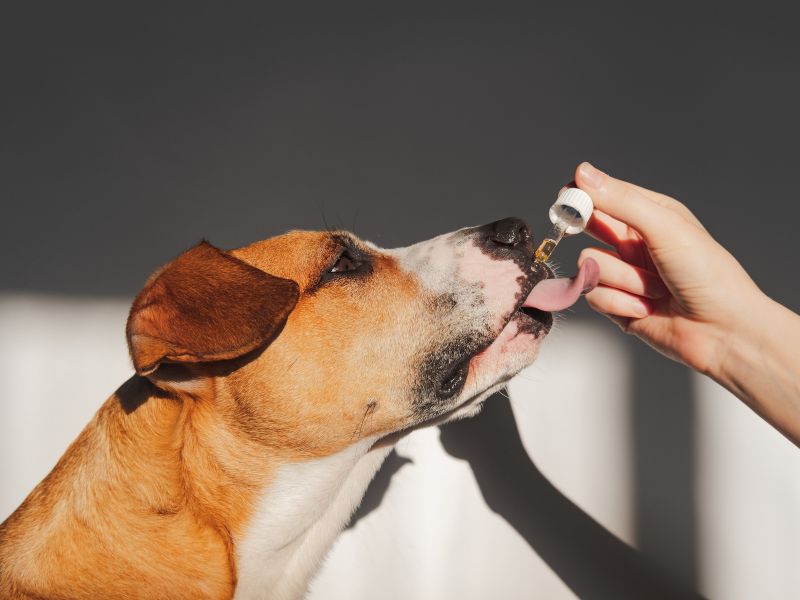
If you’re a pet owner, you’re likely always on the lookout for ways to enhance your furry friend’s well-being. Essential oils have gained popularity in recent years for their potential health benefits, but before you dive into using them for your pets, it’s crucial to understand whether essential oils are safe for your beloved companions. In this article, we’ll explore the world of essential oils for pets and provide valuable insights to help you make informed decisions about their usage.
Understanding Essential Oils and Their Benefits
Essential oils are highly concentrated plant extracts that have been used for centuries for their various therapeutic properties. These oils are known for their ability to alleviate stress, promote relaxation, and provide relief from common ailments in humans. It’s natural to wonder if these benefits can also extend to our pets.
The Safety Concerns Surrounding Essential Oils
While essential oils can offer several advantages, it’s essential to exercise caution when using them around pets. Here are some key considerations:
- Sensitive Respiratory Systems: Pets, particularly cats and birds, have more delicate respiratory systems than humans. Inhaling essential oil vapors or having them applied directly can potentially irritate their airways.
- Skin Sensitivity: Some essential oils, when applied topically, may cause skin reactions in pets. Always dilute essential oils with a carrier oil before applying to your pet’s skin, and perform a patch test to check for adverse reactions.
- Ingestion Dangers: Pets may accidentally ingest essential oils, especially if they are spilled or left within their reach. Ingesting certain essential oils can be toxic to animals.
- Species-Specific Variations: Different species of pets react differently to essential oils. What’s safe for one animal may not be safe for another. Always consult with a veterinarian who is knowledgeable about essential oils before use.
Safe Essential Oils for Pets
While it’s essential to approach the use of essential oils for pets with caution, some oils are generally considered safe when used in moderation and with proper dilution. Some examples include:
- Lavender oil: Known for its calming properties.
- Chamomile oil: Helpful for soothing skin irritations.
- Frankincense oil: May support immune health.
- Cedarwood oil: Often used to repel insects.
Best Practices for Using Essential Oils with Pets
If you decide to incorporate essential oils into your pet’s routine, follow these best practices:
- Consult a Veterinarian: Seek guidance from a veterinarian who has experience with essential oils to determine the most suitable options for your pet’s specific needs.
- Proper Dilution: Always dilute essential oils with a carrier oil before applying topically to your pet’s fur or skin.
- Diffusion: When using a diffuser, ensure it is in an area where your pet can leave if they find the aroma overwhelming.
- Observation: Pay close attention to your pet’s behavior and health when introducing essential oils. If you notice any adverse reactions, discontinue use immediately and consult your veterinarian.
In conclusion, essential oils can offer potential benefits for your pets, but their safety and effectiveness depend on careful research, responsible usage, and consultation with a knowledgeable veterinarian. Your pet’s well-being should always be the top priority, so approach the use of essential oils with caution and love for your furry companions.


